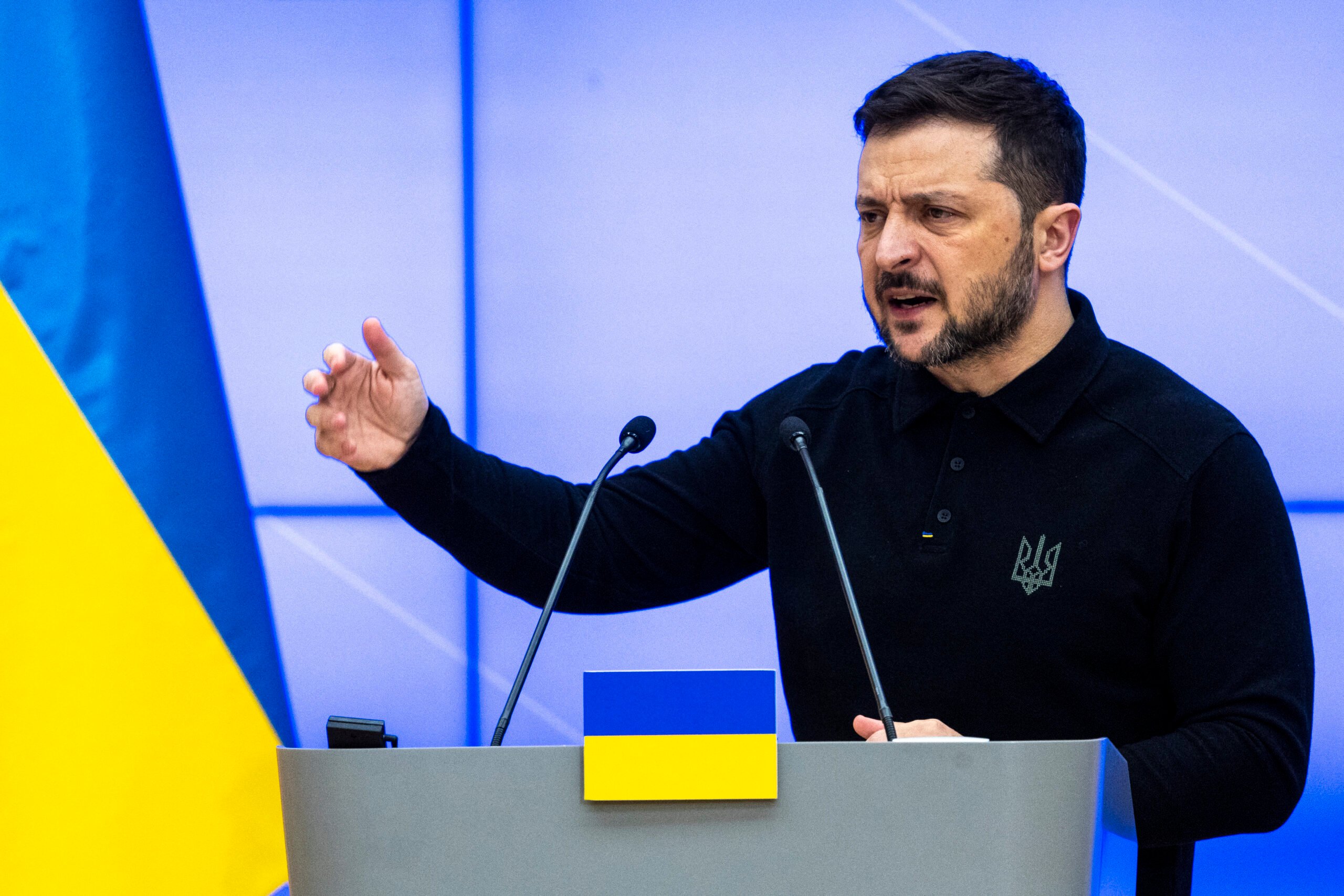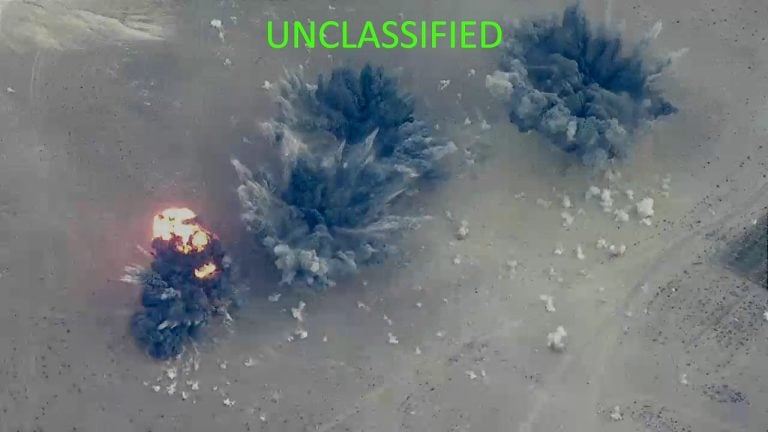In a significant diplomatic exchange, Ukrainian President Volodymyr Zelensky met with U.S. envoy Keith Kellogg in Kyiv, emphasizing the necessity of maintaining strong ties between Ukraine and the United States. This meeting took place amid rising tensions following former President Donald Trump’s recent comments, in which he labeled Zelensky a “dictator.” The discord between Zelensky and Trump intensified over the past week, fueled by Trump’s overtures to Moscow, which have unsettled both Kyiv and its European allies.
The United States remains a crucial ally for Ukraine, providing vital military and financial support. However, Trump’s potential discussions with Russia sparked fears in Ukraine and Europe that a negotiated peace might favor Russian President Vladimir Putin, undermining Ukraine’s position in the ongoing conflict.
Amid this contentious backdrop, Zelensky described his meeting with Kellogg as “productive,” highlighting a comprehensive discussion on battlefield conditions, the return of prisoners of war, and security guarantees—key priorities for Ukraine. Zelensky expressed to his social media followers that “strong Ukraine-US relations benefit the entire world.”
However, the absence of a joint press conference or formal statements following the meeting was notable and deviated from customary protocol for such high-level engagements. This lack of a unified front reflects the growing rift and uncertainty surrounding U.S.-Ukraine relations.
In the U.S., members of Trump’s team continued their attacks on Zelensky, with notable figures like Elon Musk claiming that the Ukrainian leader is “despised by the people of Ukraine.” Trump’s former National Security Advisor, Mike Waltz, criticized Kyiv’s pushback against Trump, deeming it “unacceptable” and suggesting that Ukraine should agree to a deal providing U.S. access to its critical minerals as a precondition for continued support.
Trump’s proposal indicates a significant shift in U.S. policy from the Biden administration, which has publicly supported Zelensky by supplying military aid and implementing sanctions against Russia. Trump has been vocal in his criticism of Zelensky, even blaming him for the conflict that began with Russia’s full-scale invasion three years ago. On social media, Trump warned that Zelensky must act swiftly, asserting, “A Dictator without Elections, Zelensky better move fast or he is not going to have a Country left.”
Zelensky, elected in 2019 and currently serving under martial law due to the ongoing war, has seen fluctuations in his popularity. Nonetheless, surveys conducted by the Kyiv International Institute of Sociology (KIIS) indicate that his trust ratings have remained above 50% among Ukrainians since the conflict began.
The global response to Trump’s remarks has been one of astonishment, particularly from European leaders. German Chancellor Olaf Scholz condemned Trump’s characterization of Zelensky as “wrong and dangerous.” Meanwhile, the White House has announced that French President Emmanuel Macron and British leader Keir Starmer will meet with Trump next week, highlighting the urgency among European nations to address the implications of Trump’s comments and proposed security changes.
In a further complication, the Kremlin has welcomed Trump’s criticisms, signaling an opportunity for Russia to negotiate a restructured security framework in Europe. President Putin remarked that U.S. allies are facing the repercussions of their stance against Trump’s political resurgence.
Adding to the tension, Ukraine and European representatives were notably absent from recent high-level discussions between U.S. and Russian diplomats, which took place in Saudi Arabia. This exclusion has exacerbated concerns in Kyiv and across Europe about being sidelined in the critical negotiations over the war in Ukraine.







